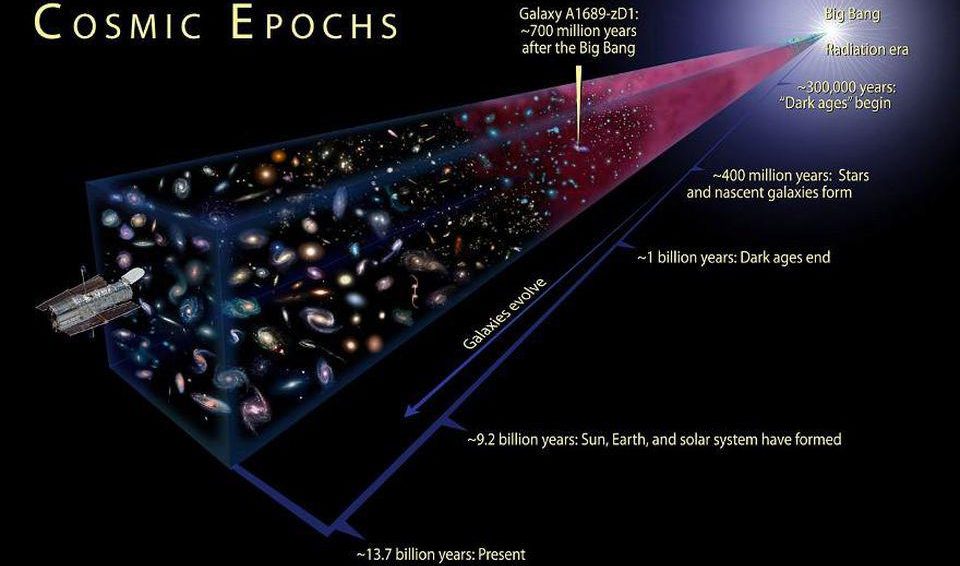Breyer, on a dark year for the Court.
Stephen Breyer: No. I mean only vary rarely would that actually matter. And it can’t really influence your judgment in terms of consequences directly on the court – what will the press say? Will they say you’re good or bad? Will they see this is terrible or wonderful – you just cannot let it because that is the road to perdition? We’re not there to be popular. We’re not there to decide according to the majority. We’re not there to decide according to what the press is going to write. If you were to take that view of the job, why take it? The point of this job is to do your best as a judge. It is a judicial job. It is a job where you’re trying to apply as best you can to apply the law in different circumstances. And the cases in front of us – 80 a year – sounds like a few, but each of them is really difficult because they are cases in respect to which lower courts have continuously disagreed. And so _ . . . Well it’s like when I think of . . . One comes to mind . Years ago in the 1830s, there was a case involving the Cherokee Indians and Georgia. And they were . . . Their land bill was discovered, and the Georgians seized their land. They hired a lawyer, William Worth – a great lawyer in that time – and he brought a case to the Supreme Court. And he won eventually. He won. The court said the land belongs to the Indians. It doesn’t belong to the Georgians. And the President, Jackson, said – supposedly said – John Marks has made his decision and we must enforce it. And he wouldn’t enforce that decision. Indeed he sent troops there eventually. Those troops evicted the Indians. Well John Joseph’s story and John Marshall had a correspondence that year. And it was a dark year for the court. And they wondered, in writing, what will happen to this court. And John Marshall said something that’s famous. He said, “Well the people made the Constitution, and they can unmake it.” So ultimately we’re floating on a sea of public opinion. And that public opinion does not have to agree with our decisions, but they do have to follow them. And indeed we’ve seen over the course of history . . . I often use as an example Little Rock, where a different president – Eisenhower – sent troops. And Governor ______ stood in the door and said, “I will not . . . I will not let those black children in this white school.” And Eisenhower said, “We’re sending the Airborne.” The 101st Airborne Division went to Little Rock, and they took the children by the hand and they walked them right into the school. That was a great day for the law, for the country. And today people do tend to follow the opinions . . . They understand, at some level, that 300 million people of every possible race, religion and point of view to live together, they have to have a way of resolving their problems, and they turn to the law. Now there’s no guarantee that will continue. The court is working at it, but it is an incredible asset, a treasure to the country. And I see it every day. I see it every day. So therefore I understand that the court has to maintain standing in public opinion; but the way to do that is not for me to base my decisions on public opinion. Out of the question. The way for me to do it is to do just what I’m doing now. It’s to do my best to explain to people what the court’s about. And to hope I’ll interest them enough, so that they – whether they’re high school students, or college students, or grammar school students, they say, “Well maybe we ought to know something about this. Maybe we should find out. Maybe we ought to know about our government. Maybe even participating in government or participating in the community is a good thing for us.” And if they think about that, then I’ve done what I can in that respect.
Recorded on: 7/5/07






